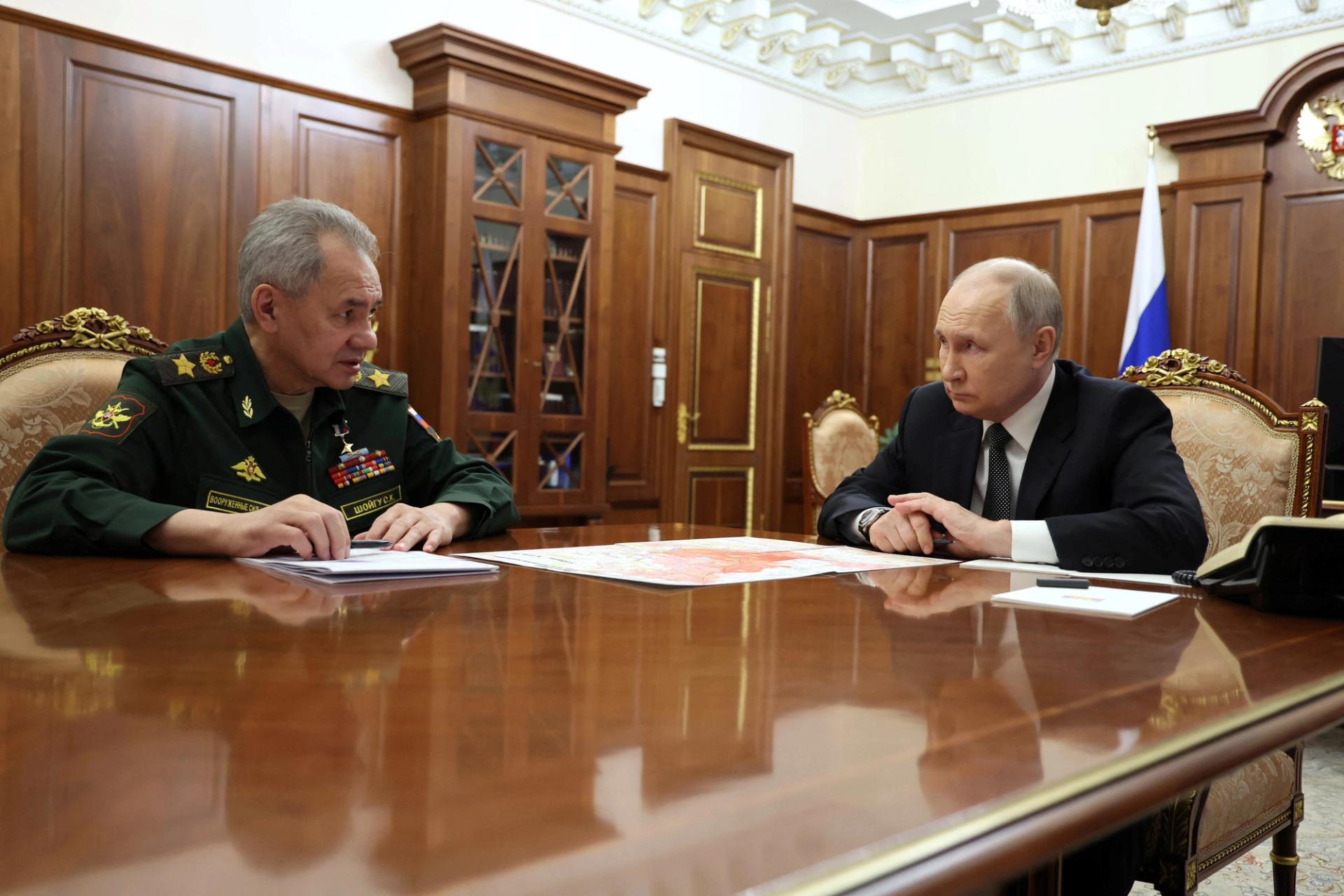The News
Days after capturing the key eastern Ukrainian town of Avdiivka, Russian troops have intensified their attacks across the warzone’s 600-mile front line, as the Kremlin seeks to stretch Kyiv’s resources.
Russia has renewed its assault on towns across Eastern Ukraine, hoping to find a weak spot in Ukraine’s military defenses, Ukrainian and Western officials have said.
Russia’s capture of Avdiivka over the weekend was the Kremlin’s most significant battlefield success since it took the ruins of Bakhmut last May. Russia’s defense minister Sergei Shoigu described the capture as an operation that will be “studied in textbooks,” while President Vladimir Putin called it “an absolute success” – despite Ukrainian authorities saying the assault cost Russia tens of thousands of lives.
The fallout from its hasty retreat from Avdiivka has continued in Ukraine after news reports emerged that hundreds of soldiers were taken prisoner or remain missing. Some wounded troops that were left behind were allegedly killed by Russian soldiers after negotiating a surrender, Ukraine’s 110th Brigade said.
SIGNALS
Looking to advance, Russia seeks to poke holes in Ukraine’s defenses
Russian forces have intensified their offensive along the front line, as the Kremlin’s advantage in manpower and ammunition makes itself felt. “If Russian forces probe weak spots on the front line, they could advance quickly if they get a breakthrough,” the prominent defense expert Dara Massicot wrote on X. If Russia were to break through Ukrainian lines, some analysts say it could look similar to Ukraine’s 2022 counteroffensive, where Kyiv’s forces routed Russian troops and reclaimed over 4,000 square miles of territory. Even so, by going on the offensive, Russia is taking a risk, Mark Hertling, a former U.S. general, posted on X. “They’re not very good at maneuver, their supply lines are non-existent, and they open themselves up for increased attrition when moving,” Hertling wrote.
Russian pro-war blogger dies after post on Avdiivka losses sparks outrage
Russia keeps its war losses and casualty numbers a closely held secret, despite a push for more transparency from ultra-nationalists such as Andrey Morozov, a popular Russian military blogger who was reported to have died by suicide on Tuesday.
Morozov reportedly killed himself after a post in which he claimed that 16,000 Russian soldiers had been killed and 300 armored vehicles lost in the capture of Avdiivka sparked outrage from Russian propagandists, who accused him of “slandering the military.” After army officials forced him to delete the reports, Morozov posted an essay along with his ‘will,’ in which he complained about a lack of weapons and medical assistance among the Russian forces stationed in Ukraine.
Morozov had previously criticized Moscow for hiding Russia’s true number of casualties – which the West believes could now be as high as 315,00 dead and injured troops, The Guardian reported – until a Kremlin crackdown on dissent last year.
Chaotic retreat may further complicate Ukraine’s efforts to boost its manpower
Widespread coverage of the difficult retreat from Avdiivka could complicate Ukraine’s efforts to recruit the hundreds of thousands of new soldiers its military leadership says is needed to sustain the resistance against Russia.
As Ukrainian troops pulled out of the town, injured soldiers who had been trapped and surrounded contacted their loved ones via video calls that were widely shared across Ukrainian social media. “Everyone left, everyone retreated,” one soldier told their sister in a widely shared video. “They told us that a car would pick us up. I have two broken legs, shrapnel in my back. I can’t do anything.”
Soldiers in the field have complained that long deployments and sheer exhaustion have allowed Russian troops to advance. One Ukrainian commander told The Washington Post that companies in his unit only had 35% of the manpower needed. Amid the urgent need for more soldiers, a law expanding the mobilization of new troops has been slowly making its way through Ukraine’s parliament despite widespread opposition.

